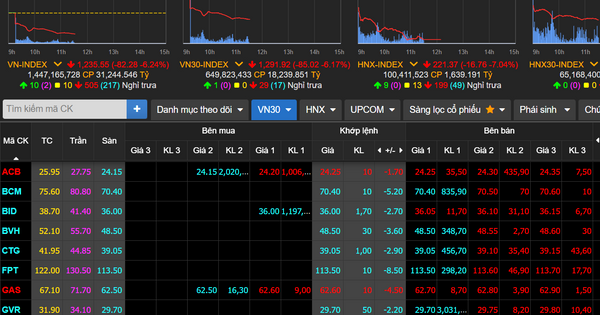Greece has warned of its hottest July weekend in 50 years, with temperatures expected to top 40°C.
Greek meteorological officials warned on July 22 that the heat wave in the country is likely to last for many more days, even though the extreme weather phenomenon has now entered its 11th day.
"Data shows that the heatwave will last about 16-17 days in Greece. This is an unprecedented phenomenon in our country," Kostas Lagouvardos, research director of the National Meteorological Observatory, told ERT.
The last time Greece recorded a prolonged heatwave was in 1987, when temperatures exceeded 39°C for 11 days.
Officials in the southern European country have advised people to stay indoors during the hottest hours of the day. Many popular tourist attractions, including the Acropolis in Athens, have been closed during the hottest hours of the day.
"This weekend, Greece could record its highest July temperature in 50 years," meteorologist Panagiotis Giannopoulos said.

Tourists receive cold water from a Greek Red Cross vehicle in Athens on July 20. Photo: AFP
The national meteorological agency reported that sea temperatures were 2-3°C above normal. The Akrotiri meteorological station recorded 42.6°C on July 21 and warned that temperatures would continue to rise. Akrotiri could reach 44°C on July 23, while the central region of Thessalia could record 45°C.
Greece has 79 wildfires burning simultaneously across the country. Government officials say the fire alert will remain in place throughout the weekend. The fire on the island of Rhodes has forced dozens of residents to abandon their homes and evacuate to safety. Slovakian firefighters have been called in to assist their counterparts on the island.
Many places across the Northern Hemisphere have been experiencing extreme heat in recent days. Experts say the extreme weather is becoming more severe and frequent because of climate change, fueled by greenhouse gas emissions from fossil fuel use.
Gavin Schmidt, a climate expert at the National Aeronautics and Space Administration (NASA), warned that this July will be the hottest month in world history, not only since countries began keeping records, "but in hundreds and thousands of years."
He argued that the El Nino phenomenon, which occurs when sea temperatures rise in the central and eastern Pacific, is not the sole cause of this year's hot weather. El Nino has only just begun and in theory it will take several months for its full effect to take hold.
Schmidt warned that extreme heat events will become more frequent and last longer in the future, as humans "continue to release greenhouse gases into the atmosphere".
Thanh Danh (According to AFP )
Source link


![[Photo] Moment of love: Myanmar people are moved to thank Vietnamese soldiers](https://vstatic.vietnam.vn/vietnam/resource/IMAGE/2025/4/3/9b2e07196eb14aa5aacb1bc9e067ae6f)
![[Photo] Special relics at the Vietnam Military History Museum associated with the heroic April 30th](https://vstatic.vietnam.vn/vietnam/resource/IMAGE/2025/4/3/a49d65b17b804e398de42bc2caba8368)

![[Photo] General Secretary To Lam receives Japanese Ambassador to Vietnam Ito Naoki](https://vstatic.vietnam.vn/vietnam/resource/IMAGE/2025/4/3/3a5d233bc09d4928ac9bfed97674be98)

























































































Comment (0)